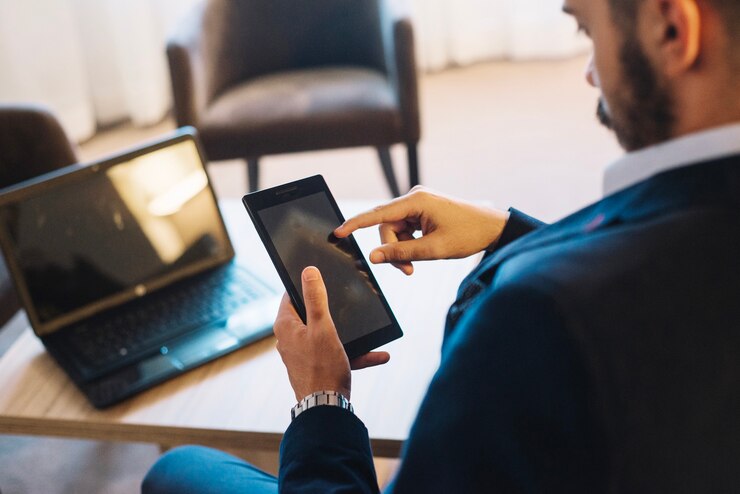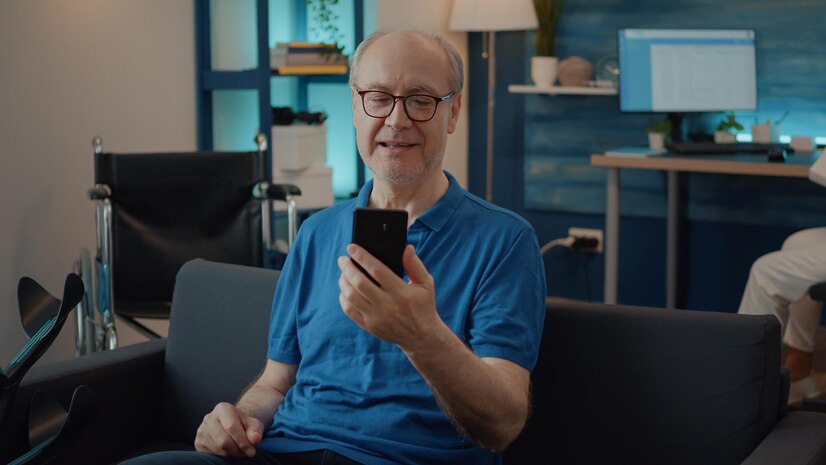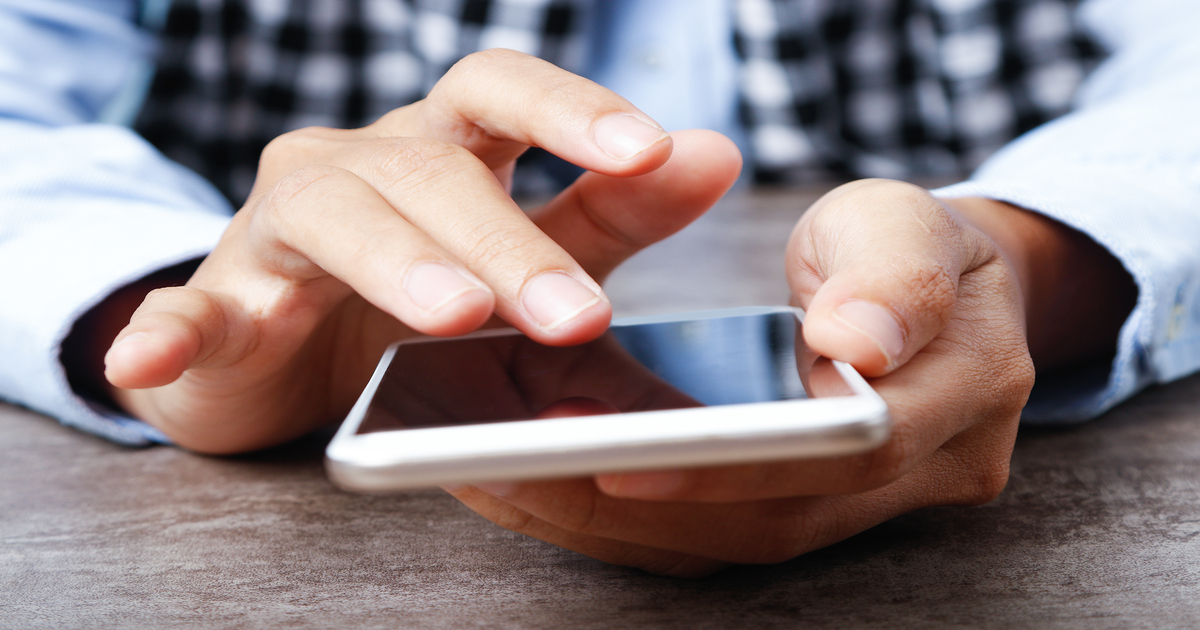Handheld Software
Have you ever stopped to think about how many apps you use in your daily life? Whether it’s for communication, information, entertainment, education, or organization, apps are part of our routine and offer practical and quick solutions for various situations.
Apps are software developed to run on mobile devices, such as smartphones and tablets, which have specific operating systems, such as Android and iOS. They can be downloaded from the virtual stores of these systems, such as Google Play and the App Store, or from third-party websites.
According to a survey by App Annie, a company specialized in data analysis on the app market, Brazilians spent an average of 4 hours and 45 minutes per day using apps in 2020, a 30% increase compared to 2019. Brazil ranked fourth in the world in app usage time, behind only Indonesia, India, and China.
But how are apps changing our daily lives? What are the benefits and challenges of this new way of interacting with technology? Check out some aspects that deserve highlighting below.
Communication and Information

One of the main uses of apps is to communicate with other people, whether through text, audio, or video messages, or through social networks. Apps like WhatsApp, Telegram, Instagram, and Facebook allow us to connect with friends, family, coworkers, and even strangers instantly and for free.
Moreover, apps are also a source of information on various subjects. Apps like Google News, Flipboard, and Feedly aggregate content from different websites and blogs in one place, facilitating access to news. Apps like YouTube, Netflix, and Spotify offer on-demand entertainment, with videos, movies, series, and music for all tastes.
Education and Culture
Another use of apps is to learn new skills or deepen knowledge about a subject. Apps like Duolingo, Babbel, and Busuu teach languages in a playful and interactive way. Apps like Khan Academy, Coursera, and Udemy offer online courses on various areas of knowledge. Apps like Kindle, Audible, and Scribd allow us to read or listen to digital books anywhere.
Moreover, apps are also a way to access cultural and artistic content. Apps like Google Arts & Culture, Louvre, and Museum of Tomorrow take us inside museums and virtual exhibitions. Apps like Shazam, Genius, and SoundHound help us identify and learn more about the songs we listen to. Apps like TikTok, Pinterest, and Behance inspire us with original creations from other users.
Health and Well-being

One of the fastest-growing uses of apps in recent years is related to health and well-being. Apps like Strava, Nike Run Club, and Fitbit monitor our physical activities and motivate us to maintain a healthy routine. Apps like Calm, Headspace, and Zen teach us meditation and relaxation techniques to relieve stress. Apps like MyFitnessPal, Tecnonutri, and Diet and Health help us control our diet and weight.
Moreover, apps are also a way to take care of our mental and emotional health. Apps like Zenklub, Psicologia Viva, and Fala Freud connect us with online psychologists who can guide us through difficult times. Apps like Moodpath, Pacifica, and SuperBetter help us identify and deal with our feelings and emotions.
Productivity and Organization
One of the most convenient uses of apps in our daily lives is related to productivity and organization. Apps like Google Calendar, Todoist, and Trello allow us to plan our tasks and projects efficiently. Apps like Google Drive, Dropbox, and Evernote allow us to store and access our files and notes in the cloud. Apps like Google Docs, Microsoft Office, and Canva allow us to create and edit documents, spreadsheets, presentations, and designs collaboratively.
Moreover, apps are also a way to optimize our time and money. Apps like Uber, 99, and Waze help us get around the city quickly and economically. Apps like iFood, Rappi, and Uber Eats allow us to order food at home or at work with just a few clicks. Apps like Nubank, PicPay, and Mercado Pago allow us to make payments, transfers, and online purchases securely and conveniently.

Apps are significantly changing our daily lives, bringing benefits such as convenience, speed, convenience, customization, and interactivity. However, they also bring challenges such as dependence, distraction, privacy, security, and the quality of information.
Did you like this topic? See more content about: Software Development
Source: appinventiv





